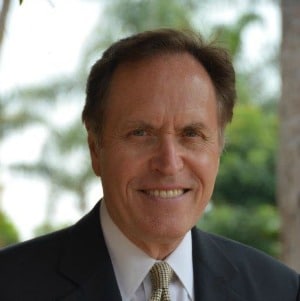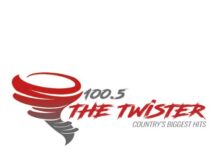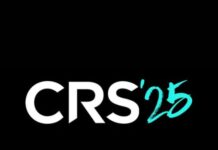
Thom Callahan is the President of the Southern California Broadcasters Association. Callahan did not agree with the recently published column by Radio Ink Chairman Eric Rhoads called “Radio Without Madison Avenue.” In the piece, Rhoads stated that Madison Avenue advertisers are mostly not enamored of radio. Callahan sent us his thoughts on Eric’s piece. Here’s what he had to say…
Dear Eric:
We took the time to read your blog twice to make sure we understood your point of view regarding, “Radio without national” on 7/21. Unfortunately, we were confused. While everyone is entitled to an opinion, experience has taught us that facts and research are always listened to over opinion. Saying that, let us begin with some actual facts which challenges two of your positions: 1. That national is down and going away, and 2. That non-radio digital platforms are crushing radio ad budgets.
To your first position, the Los Angeles radio market has generated $69.4 million in national business through June 2017, which is a an 11% increase YTD through June. While we agree national is not what it was, or could be, an 11% market increase cannot be ignored. Further to that point, industry disruption in mobile, retail, the auto industry, and to a larger extent, an uneven economy, is as much to blame in the pull back of national dollars as some 30-year-old media director, who, by the way, does not control client budgets as they did 10 years ago.
We are the first to agree that radio needs serious repositioning and value building communication with agencies AND clients, but to say that national is “gone forever” can only be described as hyperbole, as seen from the Los Angeles perspective and our billing. Additionally, and as important, we know of no stations in Southern California that rely on national to make their budgets. Our region’s emphasis on local new business development from local and regional clients hit a ten-year high of $33 million through June 2017. It’s fair to say that Southern California radio clearly is not dependent on national business and continues to create its own success by controlling its own destiny with local clients.
Your digital observation, which we can only view as defeatist, again runs contrary to actual market conditions. Our members have generated $18 million dollars in digital revenue from a variety of platforms through June 2017, using their own radio digital platforms, which are pure digital environments that do not contain bots or non-existent digital networks that are a real crisis for Facebook, Google, et al.
We urge you to read this link which provides full facts on the “digital crisis facing advertisers today.” You may take a different position about ”the inevitability” of digital over radio once you know the facts….it is a fight worth fighting for. We are doing it every day in Southern California.
Can we direct you to www.scba.com for factual data on Southern California radio? We think your opinions could be altered after spending just 30 minutes with our vital radio markets.
Our industry is not without serious issues, challenges, and detractors from all sides and that is all the more reason that we, as its spokespeople, must communicate the larger, factual, and value-building positions for the benefit of AM/FM radio and the clients we all serve.
Thanks for listening,
Thom Callahan
President
Southern California Broadcasters Association
[email protected]








This old-timer finds that Radio Ink seeks to optimize its brand and the perception of importance with readers by featuring useful stories and information mixed with sensational come-on headlines in the form of questions such as “Will iHeart Fire Their Morning Man in Paducah??!!” (as if we care), and doom-and-gloom fear tactics to which Eric pontificates answers consisting largely of rhetoric about how “radio needs to work harder to rebrand itself for the 21st century.”
Kudos to Radio Ink for publishing discenting views. Working with markets across North America, we witness vast differences in success from market to market and from broadcaster to broadcaster.
Painting all broadcast with the same brush as cash-strapped behemoths is no more credible than sticking our heads in the sand and pretending radio is immune to the rapidly changing media space.